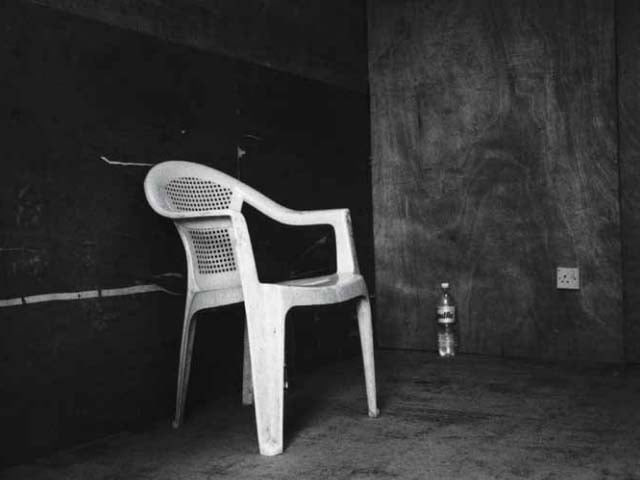Amnesty blames countries for betraying their commitments to end torture
Human rights watch body launches global campaign "Stop Torture" to combat widespread torture.

Human rights watch body launches global campaign "Stop Torture" to combat widespread torture. PHOTO: OPEN SOCIETY FOUNDATIONS/FILE
The human rights watch body launched a global campaign "Stop Torture" to combat widespread torture and other ill-treatment in the modern world.
Lashing out at the states who failed to curb torture, Amnesty International’s Secretary General Salil Shetty said “governments around the world are two-faced on torture - prohibiting it in law, but facilitating it in practice.”
According to the campaign’s media briefing, police forces in Pakistan and other countries including China, Fiji, Indonesia, Malaysia, Myanmar, the Philippines, India and Sri Lanka, at times torture individuals during interrogation and pre-trial detention, often forcing detainees to “confess” to a crime.

The briefing further claimed that thousands of men and boys in Khyber-Pakhtunkhwa and nearby areas are arbitrarily arrested and held in secret detention centres, where reports of torture are widespread.
“For the first five days they beat us constantly with leather belts across our backs, the pain was too much to describe. They would threaten to kill me if I didn’t confess to being part of the Taliban,” the AI briefing quoted one of such detainees as saying.
As part of the campaign Amnesty International commissioned a Globescan survey to gauge worldwide attitudes to torture. Below are the responses for Pakistan from the survey report.






















COMMENTS
Comments are moderated and generally will be posted if they are on-topic and not abusive.
For more information, please see our Comments FAQ